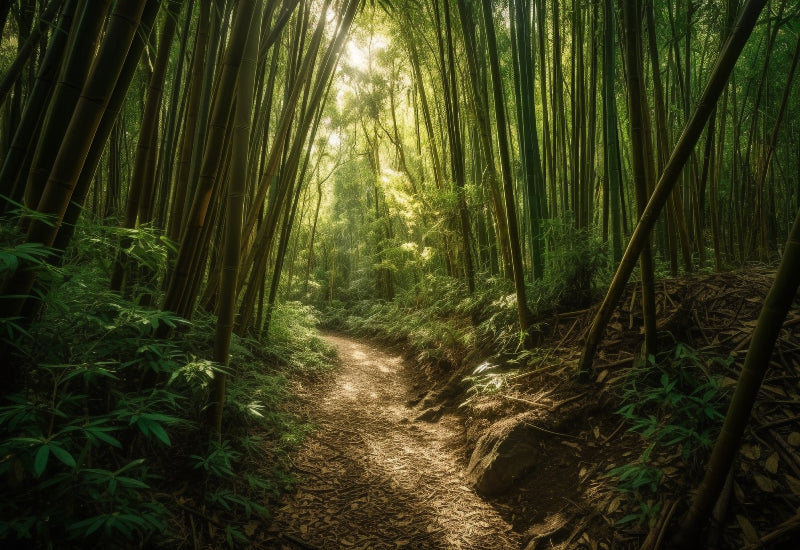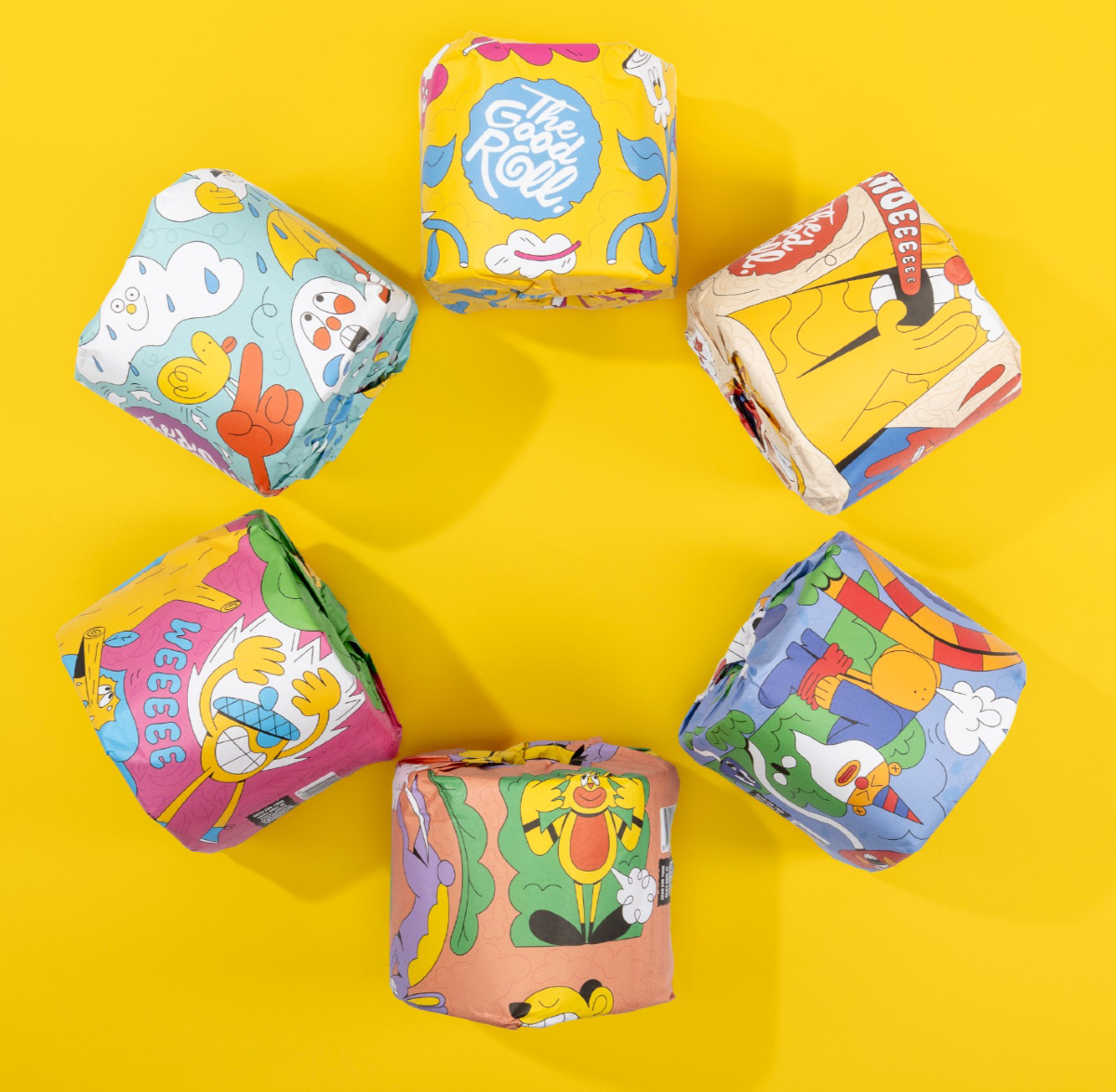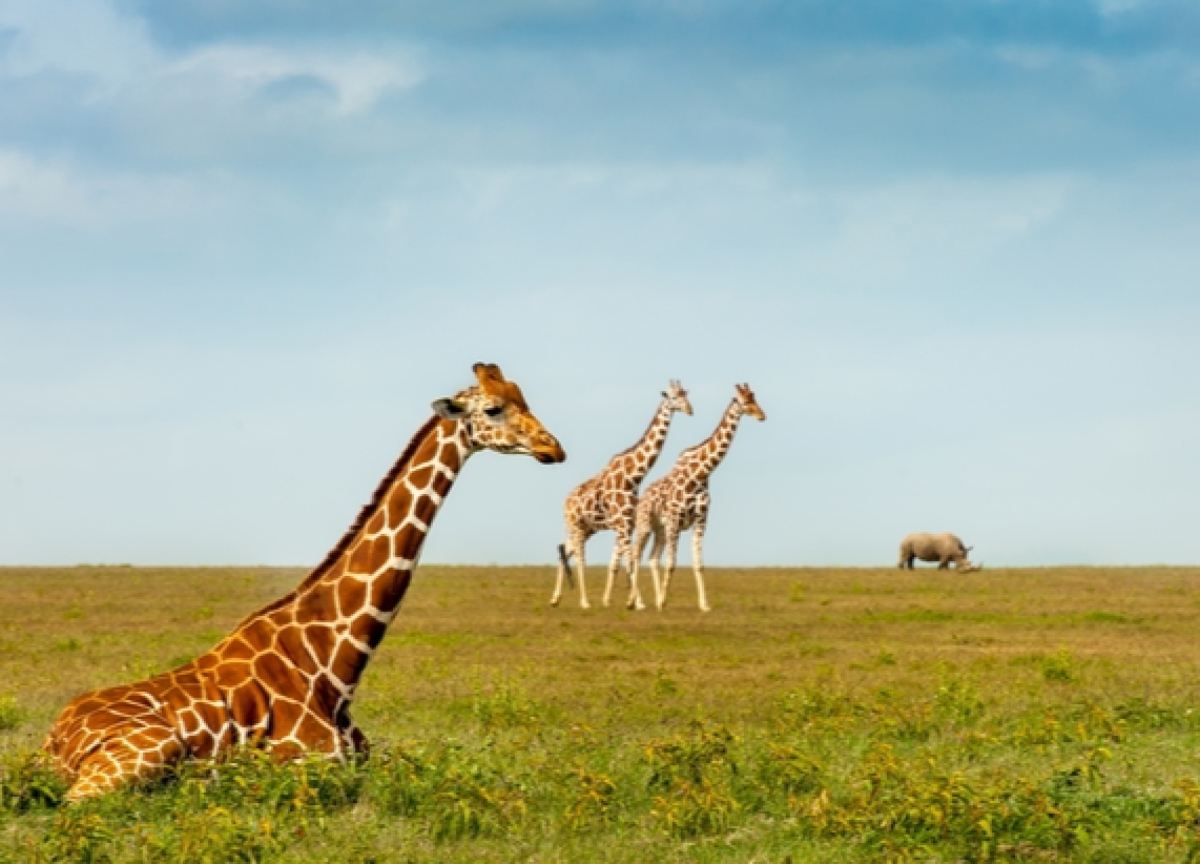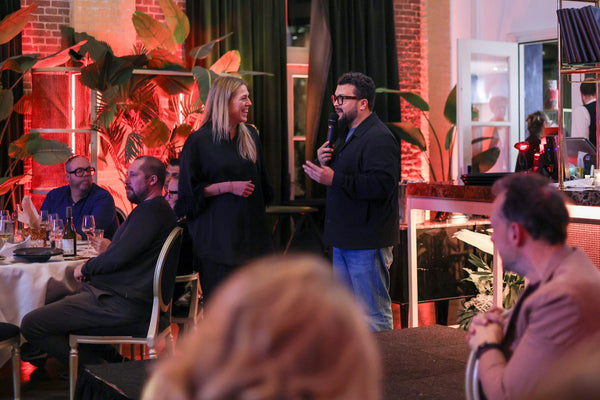International Day for Conservation of Nature

A few years ago, the UN declared July 28th as the International Day of Nature Conservation. During this day, we reflect on the importance of nature. What we can do in it or what it means to us and why it is so important that we protect nature. But more attention is needed for this day! Up until now, very little attention has been paid to it, while it is something very crucial to inform people about. Let's just say that we are good at that! Ready for a lesson in 'nature conservation'?

Importance of nature conservation
Our planet is full of an incredible diversity of life. Every creature, no matter how small, plays an important role in the bigger picture. When we lose a species, we upset the balance. Take bees for example. They may seem small and insignificant (and annoying ;)), but they are crucial for pollinating our fruits and vegetables. Without bees, many of our favorite foods would simply disappear.
Natural ecosystems are a kind of free service provider. Forests and wetlands act as natural filters for our air and water. They remove harmful substances from the air and make our water cleaner. In addition, our oceans and forests act as giant sponges that absorb carbon dioxide and thus slow down global warming. Without these natural helpers, we would have many more problems with climate change.
Conservation also has economic benefits. Think of fishing, tourism and even medicine – all of them depend on a healthy natural environment. But it’s not just about money. Our health and well-being are also closely linked to nature. A walk in the forest or a day at the beach can do wonders for your mind and body. For many communities around the world, nature is also an important part of their culture and spiritual life. Traditional customs, stories and ceremonies are often linked to nature. By protecting nature, we not only preserve the environment, but also a piece of cultural heritage and identity.
And then there are natural disasters. Healthy ecosystems like forests, mangroves and wetlands can help reduce the impact of natural disasters like storm surges and landslides. They actually act as natural barriers and help manage floods and droughts better. Crazy, right?
What can I do?
Want to give nature a helping hand? Unfortunately, we don’t have an ecologist on hand to give us the best tips, but luckily we can count on WWF. We’ve collected a few handy tips that they recommend!
1. Choose Sustainable: Buy products with eco-labels, such as organic food and recycled materials.
2. Reduce energy consumption: Use energy-efficient appliances, turn down the heating and choose green energy.
3. Prevent Food Waste: Plan your meals, save leftovers, and only buy what you need.
4. Less Plastic: Use reusable bags and bottles, and avoid single-use plastic.
5. Support Nature Conservation: Donate to nature conservation organizations or participate in local initiatives.
6. Make your garden animal-friendly: Plant native plants and provide shelter and water sources for animals.
7. Travel Consciously: Choose cycling, walking, public transport or an electric car.
8. Spread Awareness: Share sustainable tips with friends and family to make a difference together.
If you would like to learn more about our beautiful world, please visit the WWF website!

Keep rolling with us
-

Wereld Toilet Dag
-

Wat is het verschil tussen 1-laags, 2-laags en 3-laags toiletpapier?
-

De impact van traditioneel toiletpapier op het milieu
-

Wat is ecologisch toiletpapier en waarom zou je het gebruiken?
-

Wat is het verschil tussen gerecycled, ongebleekt en bamboe toiletpapier?
-

Is bamboe toiletpapier duurzaam?





